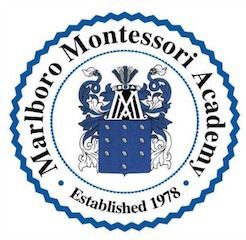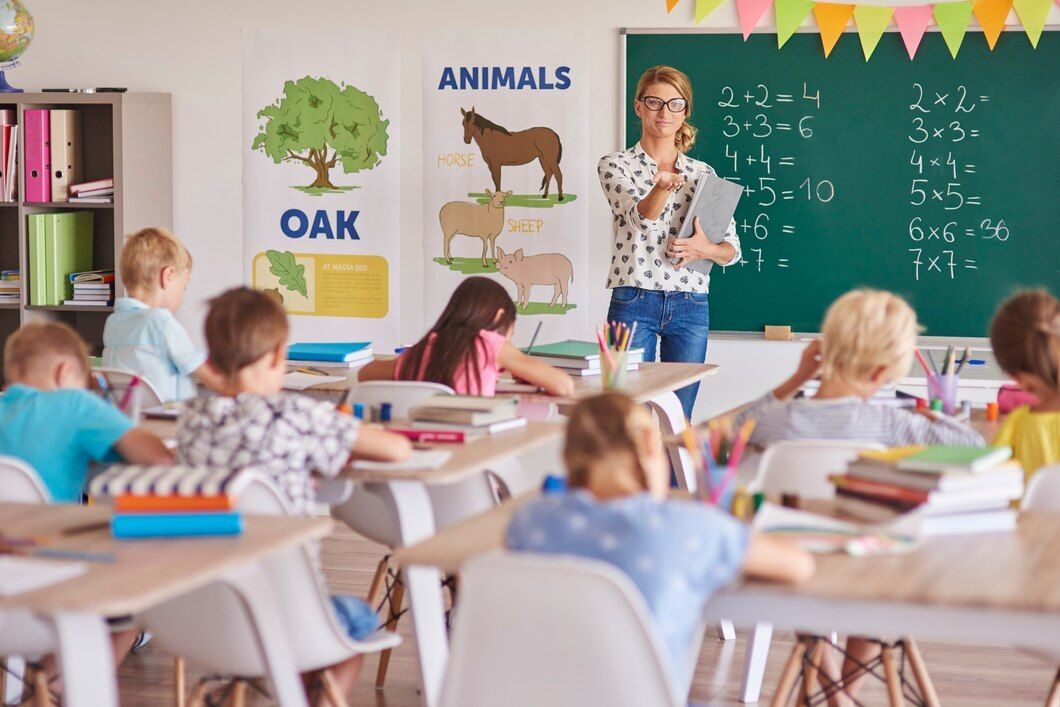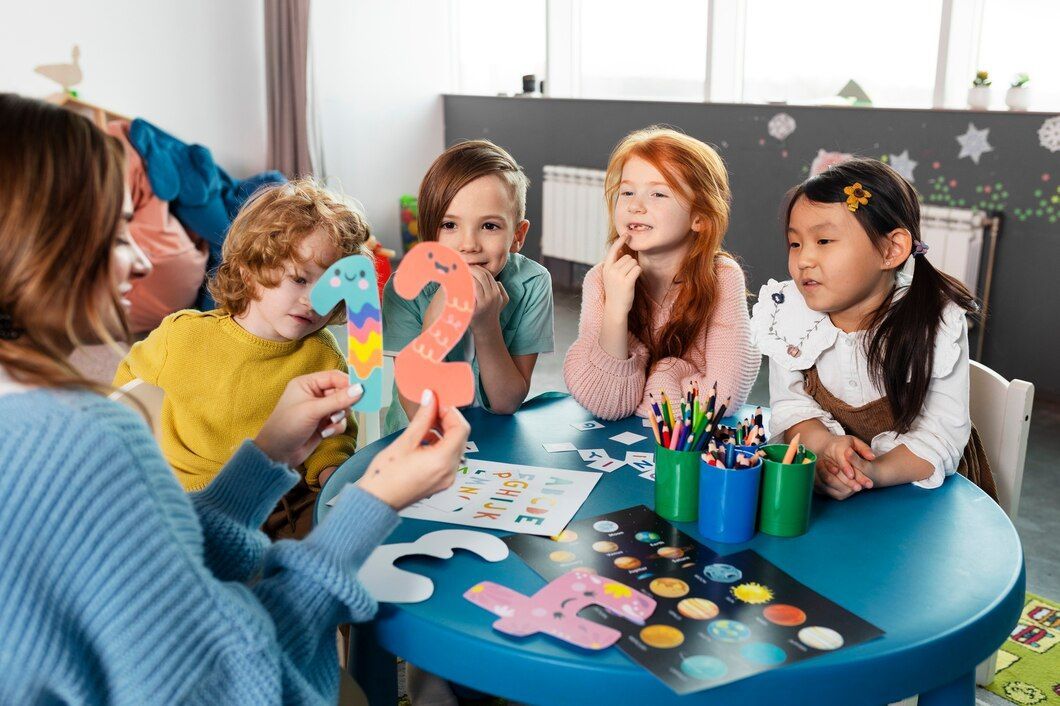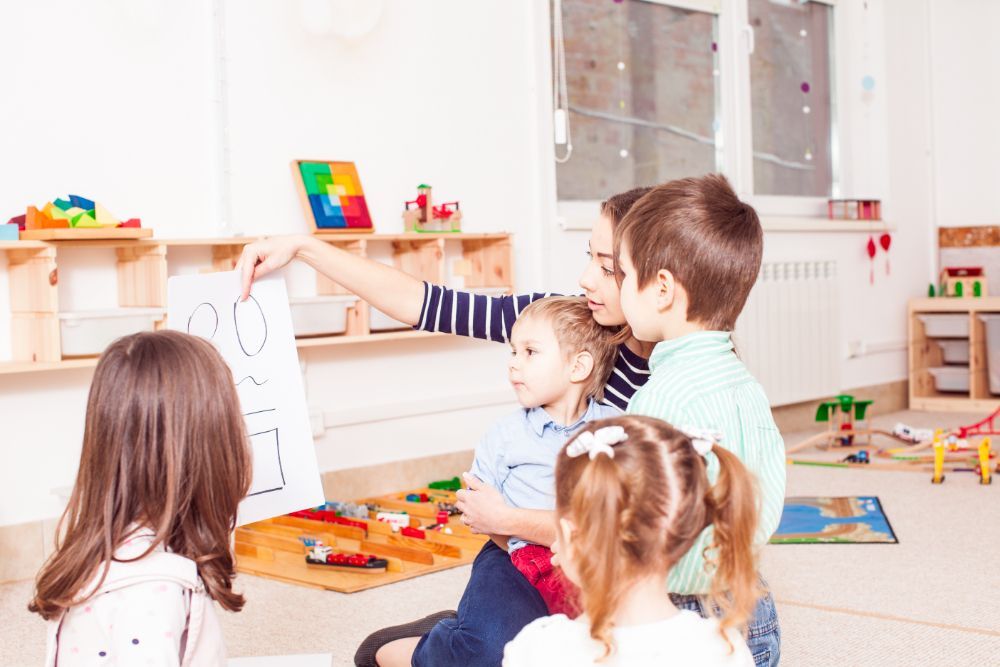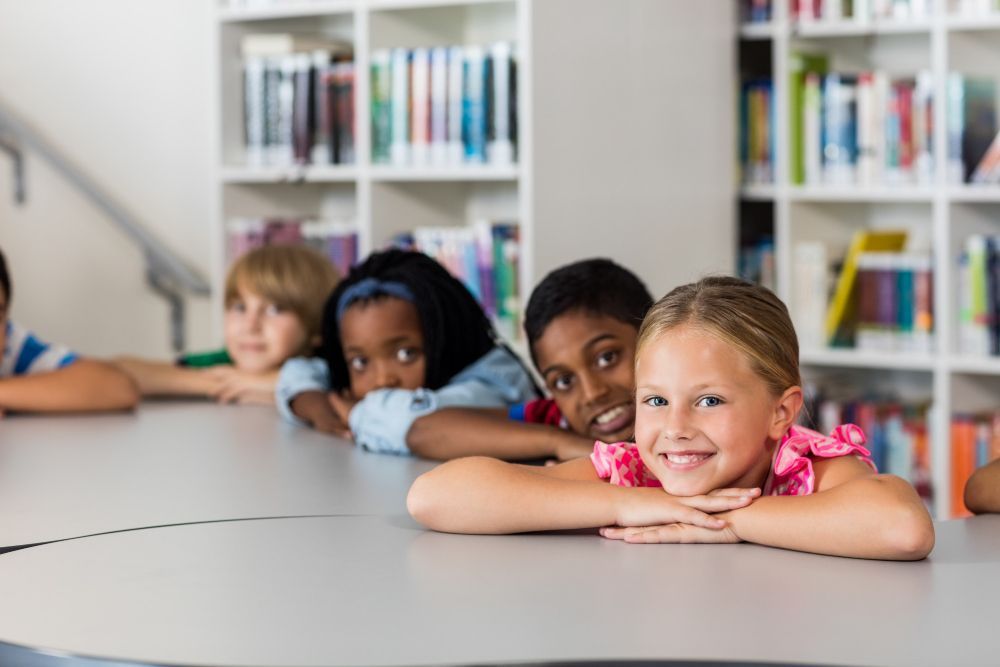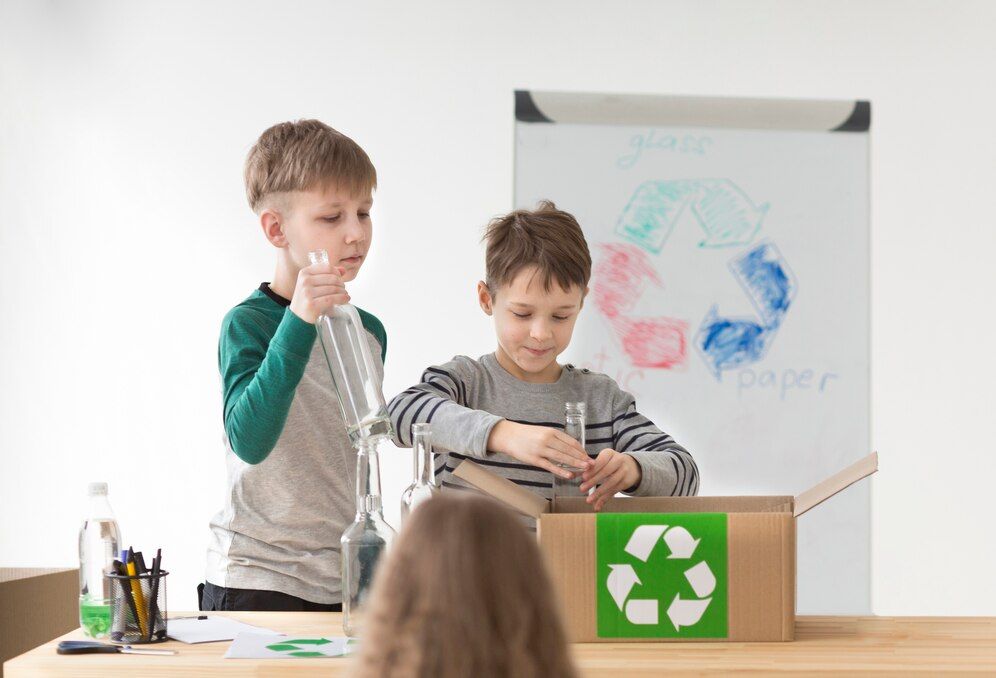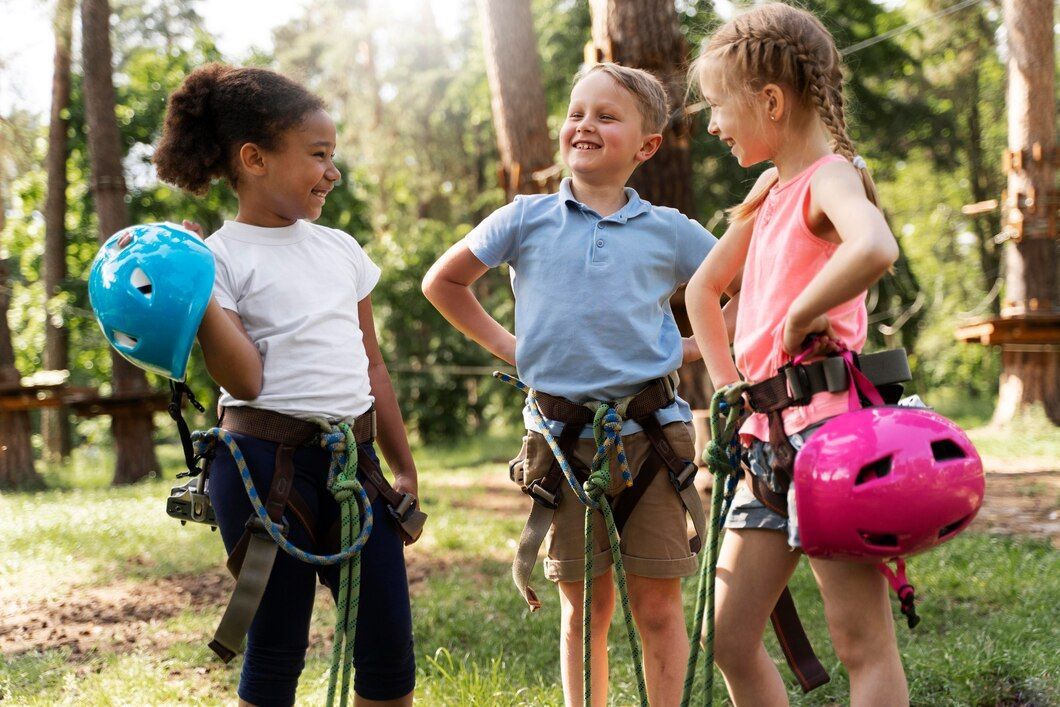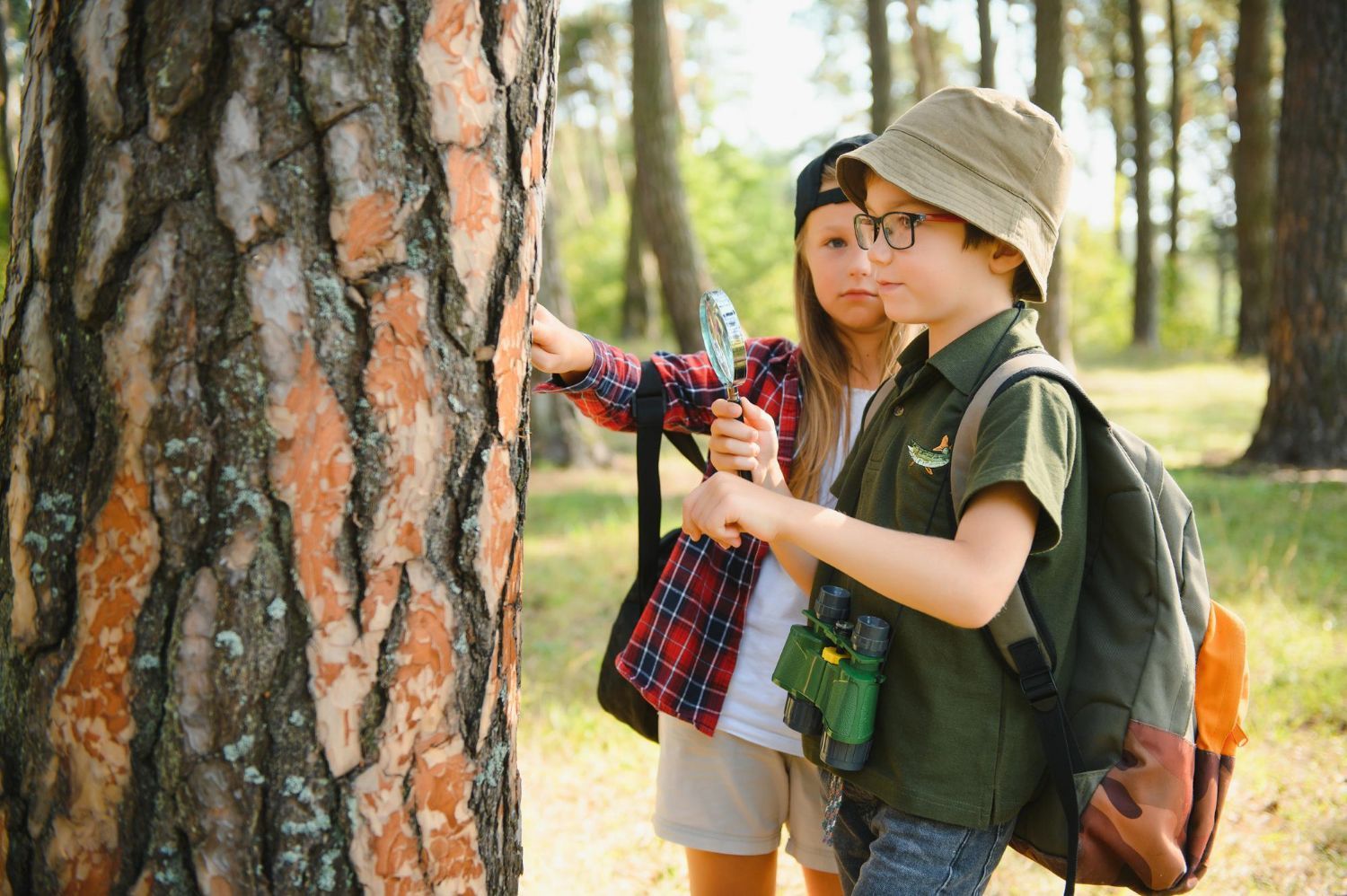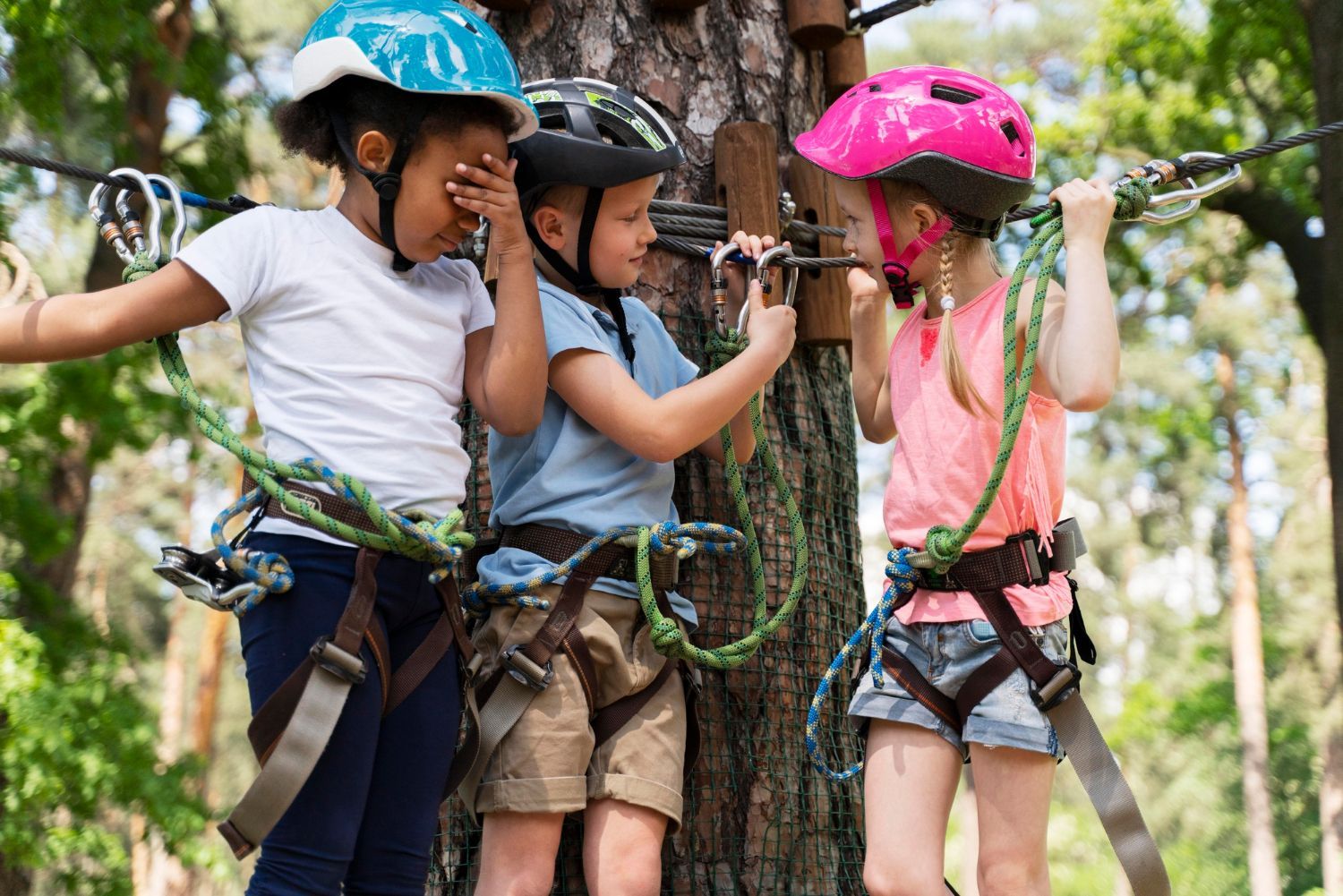732-946-1665
257 Highway 79, Morganville, New Jersey
Benefits of Hands-On Learning in Montessori
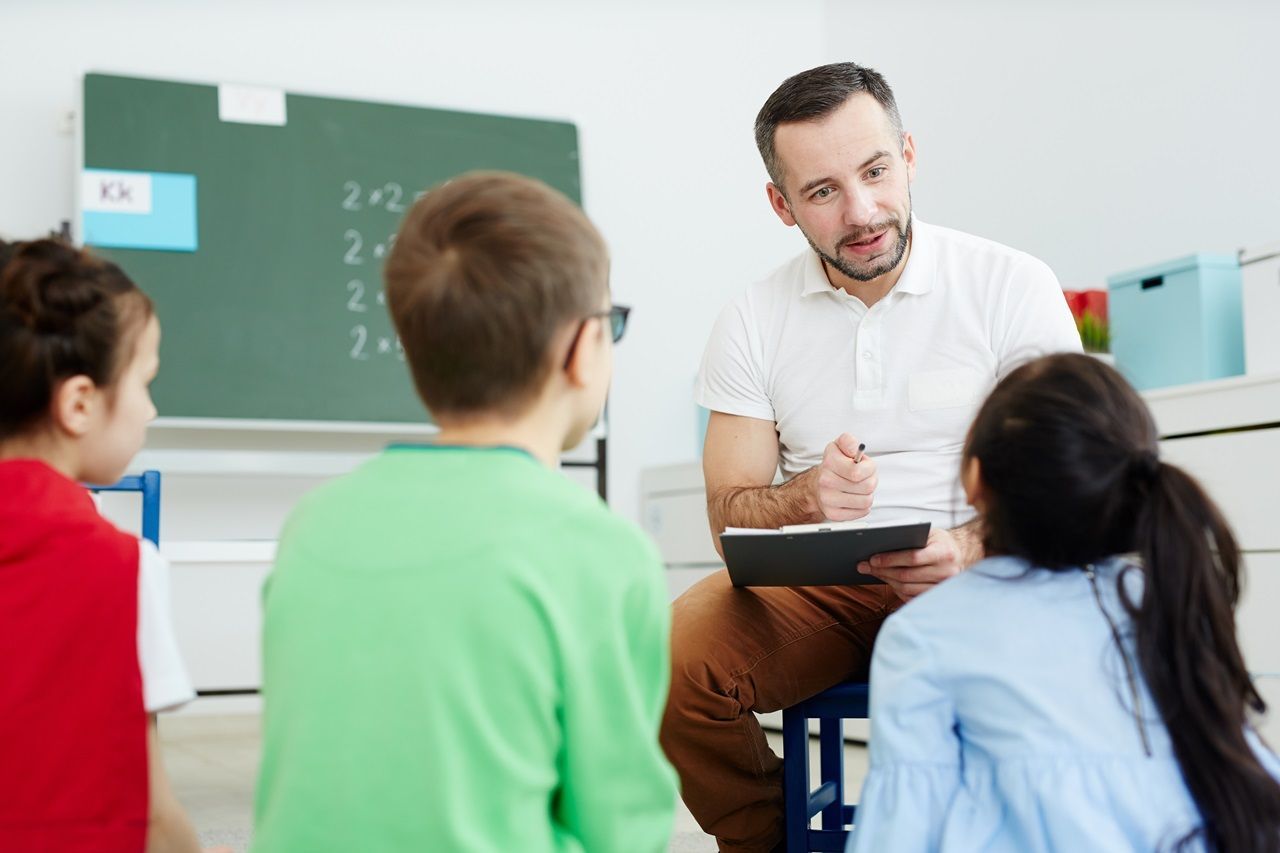
Hands-on learning is a cornerstone of Montessori education, emphasizing active participation and experiential learning. At Marlboro Montessori Academy, we believe that children learn best when they can touch, explore, and manipulate materials. This approach helps to make abstract concepts tangible, promotes curiosity, and fosters a deeper understanding of the world around them. Through hands-on activities, children are encouraged to engage all their senses, which can enhance their memory and retention.
In our Montessori classrooms, hands-on learning means more than just physical interaction with materials. It involves problem-solving, critical thinking, and collaboration among peers. By allowing children to experiment and explore at their own pace, we create an environment where they can thrive and develop a love for learning. This method also helps to build confidence, as children can see the direct results of their efforts and feel a sense of accomplishment.
We have observed that hands-on learning prepares children for future success by equipping them with essential life skills. As they grow, these skills prove invaluable not just academically but in real-world scenarios as well. The Montessori method instills a sense of independence and responsibility, which are crucial traits for lifelong learning and personal growth. By integrating hands-on learning into our daily curriculum, we provide a comprehensive educational experience that supports the whole child.
What is Hands-On Learning in Montessori Education?
In Montessori education, hands-on learning is a fundamental concept. It involves engaging students in activities that require them to interact with physical materials. This type of learning allows children to explore and understand concepts through direct experience rather than abstract instruction. Hands-on learning in our classrooms includes manipulating objects, experimenting with tools, and conducting experiments to understand various subjects more deeply.
We believe that when students use their hands, they connect more effectively with the material. This method makes learning more engaging and enjoyable, and it helps children retain information longer. For instance, when learning about geography, students might use puzzle maps to understand the layout of continents and countries. This tangible interaction helps to solidify their knowledge and makes the learning process more meaningful.
Benefits of Hands-On Learning for Elementary Students
Hands-on learning offers numerous benefits for elementary students. One significant advantage is the enhanced engagement it promotes. When students physically manipulate objects to solve problems or explore new ideas, they become more involved in their learning. This engagement is crucial for developing a deeper understanding of the material, as it goes beyond rote memorization to actual comprehension and application.
Additionally, hands-on learning fosters critical thinking and problem-solving skills. When students experiment and try out different solutions, they learn to think creatively and develop resilience in the face of challenges. This method encourages students to ask questions, explore various outcomes, and understand the broader implications of their work. These skills are essential for academic success and are highly valuable in everyday life.
By incorporating hands-on learning in the classroom, we help students build confidence in their abilities and nurture a lifelong love for learning. This approach aligns perfectly with the goals of a comprehensive Montessori education.
Examples of Hands-On Activities in Montessori Classrooms
Hands-on activities in Montessori classrooms are varied and designed to cover a wide range of subjects. One example is the use of manipulatives in math. Students might work with bead chains to understand multiplication tables or use number rods to grasp the concept of addition and subtraction. These tangible tools help children visualize and internalize mathematical principles in a concrete way.
In science, hands-on learning can involve activities like planting seeds and observing their growth, conducting simple experiments to learn about the properties of water, or using magnifying glasses to examine different types of leaves and insects. These activities promote curiosity and encourage students to explore the natural world around them. Arts and crafts projects, such as clay modeling or painting, also play a significant role, allowing children to express their creativity while developing fine motor skills.
How Hands-On Learning Prepares Children for Future Success
Hands-on learning prepares children for future success by developing critical skills that are essential in both academic and real-world settings. When students engage in hands-on activities, they learn to collaborate with their peers, communicate effectively, and solve problems creatively. These experiences help build strong teamwork and leadership abilities, which are crucial for future careers and personal endeavors.
Moreover, hands-on learning nurtures a growth mindset. By allowing children to experiment, make mistakes, and learn from them, we help them to understand that failure is a part of the learning process. This builds resilience and perseverance, qualities that are invaluable in overcoming challenges throughout life. By equipping students with these foundational skills, we ensure they are well-prepared to navigate the complexities of the future with confidence and competence.
Conclusion
Hands-on learning is a cornerstone of Montessori education, offering a dynamic and effective way for children to engage with and understand the world around them. It provides meaningful experiences that enhance academic knowledge while simultaneously developing critical life skills. By fostering curiosity, creativity, and resilience, hands-on learning prepares students not just for academic success but for a lifetime of learning and achievement.
If you are interested in seeing how hands-on learning can benefit your child, we invite you to visit Marlboro Montessori Academy. Explore our innovative classrooms and discover the unique educational opportunities we offer. Join us in creating an enriching learning environment where your child can thrive. Contact us today to learn more about our
education programs and schedule a tour.
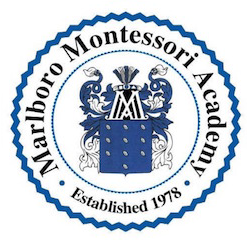
Navigation
Contact Info
Phone Number: 732-946-8887
CAMP: 732-946-2267
Fax Number: 732-946-1665
GPS Address
257 Highway 79
Morganville, NJ 07751
Mailing Address
P.O. Box 272
Wickatunk, NJ 07765
All Rights Reserved
All Rights Reserved | Marlboro Montessori Academy
Marlboro Montessori Academy
Website designed by: NJ Local Marketing
